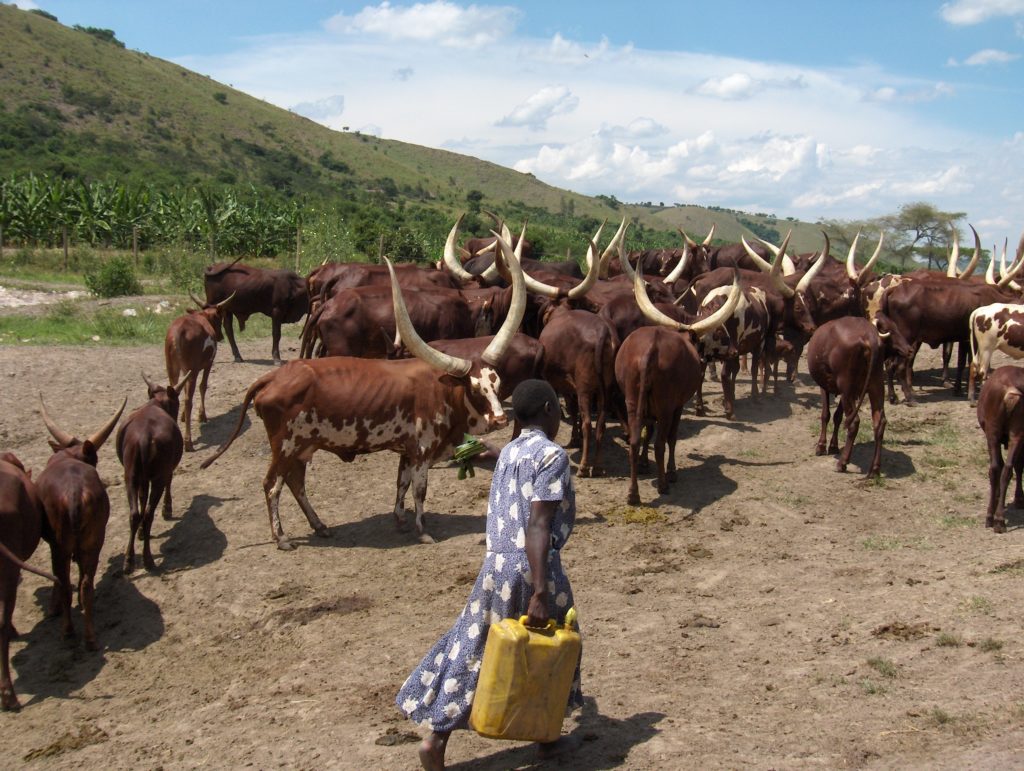Homeward Bound 2018
What if achieving gender balance at the leadership table was one of the most effective ways to influence environmental sustainability and reduce human impact on the environment?
It is well documented that women are graduating in Science, Technology, Engineering, Mathematics and Medicine (STEMM) fields in significant numbers, but are under-represented in leadership positions.
Homeward Bound is hoping to change this. Set against the backdrop of Antarctica, an area showing the fastest response to climate change, Homeward Bound is a ground-breaking leadership, strategic and science initiative for women. Their mission is to equip a 1000-strong global collaboration of women with a science background to lead, influence and contribute to policy and decision-making as it informs the future of our planet.
Simply put, Mother Nature needs her Daughters.
I am thrilled to have been selected as one of 80 international women leaders taking part in Homeward Bound 2018. The 12-month leadership program culminates in a 22-day sea expedition from Argentina to Antarctica in February-March 2018.
While Homeward Bound subsidizes the trip, each participant is tasked with fund-raising. If you would like to support this initiative by supporting increasing women’s leadership in STEMM on important global environmental issues, here is a link to fundraising efforts: Gofundme: https://www.gofundme.com/sylvia-homeward-bound-antarctica
Featured Media:
Homeward Bound: https://homewardboundprojects.com.au
Vancouver Sun online: http://vancouversun.com/news/local-news/local-woman-one-of-80-chosen-worldwide-for-elite-expedition-to-antarctica
Province Newspaper: https://www.facebook.com/TheProvince/posts/10155411782717009
Sara Simi Show radio: https://omny.fm/shows/the-simi-sara-show/dr-sylvia-struck-to-be-one-of-women-worldwide-chos
CBC radio: http://www.cbc.ca/news/canada/british-columbia/women-antarctica-expedition-1.4132131
THNK School of Creative Leadership: http://www.thnk.org/blog/sylvia-struck-expedition-antarctica/
London School of Hygiene and Tropical Medicine: http://blogs.lshtm.ac.uk/alumni/2017/06/26/sylvia-struck-selected-as-one-of-80-women-for-antarctica-expedition/#comments
ICI radio (French): http://ici.radio-canada.ca/nouvelle/1035931/femme-antarctique-defendre-planete
UGANDA

Doctoral Thesis Abstract
Most international efforts around water provision and access have been targeted at water for domestic use, e.g., the UN Millennium Development Goal of halving the proportion of people without access to safe drinking water by 2015. This is an important public health goal, particularly in Sub-Saharan Africa where less than half the population have access to an improved water supply in rural areas. However, if the ultimate goal includes poverty reduction then secure and adequate access to water for livelihood needs must also be addressed.
To assess how current policies and practices are influencing water access in South-western Uganda, this study investigated livelihood, settlement, and poverty policy influences on access to water for the Bahima pastoralists in three villages in Nyabushozi County, Kiruhura District. Data were collected using qualitative methods (semi-structured interviews, focus groups, and dialogical interchanges).
Results show that due to a high degree of land privatisation, coordinated land and water development is essential when planning for communal water sources; livelihood issues are key in prioritising rural water development for domestic and productive requirements in communities; and while self-supply measures such as farm ponds can become de-facto community sources, an inclusive communal water source that meets livelihood needs is critical, especially for the poor.
Integrated Water Resource Management (IWRM) aims to coordinate development with water and land management to maximise economic and social benefits in an equitable and sustainable manner. Generally considered cumbersome to implement at a macro-level, the study demonstrates an effective way of incorporating IWRM on a more local level by focusing on access to water through a modified livelihoods framework. Successful implementation depends on sector funding geared toward rural water provision, increasing local government capacity and involving communities in prioritising and addressing their water needs.
Water sources need to be developed at the appropriate level with more sector funding geared toward rural water provision and capacity at local levels to adequately involve communities in prioritising and addressing their water needs.

